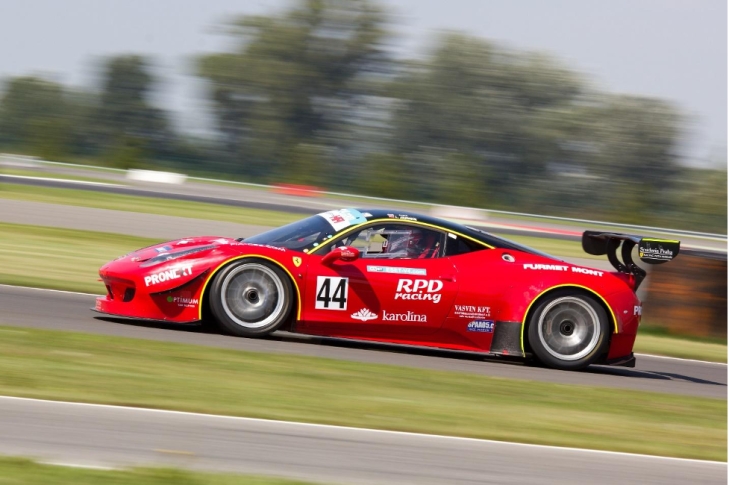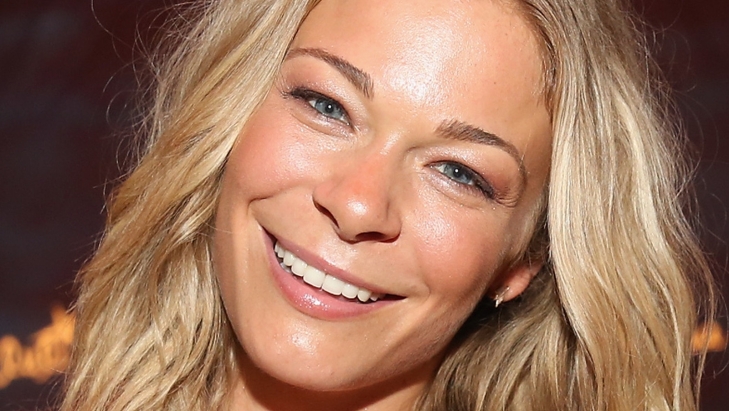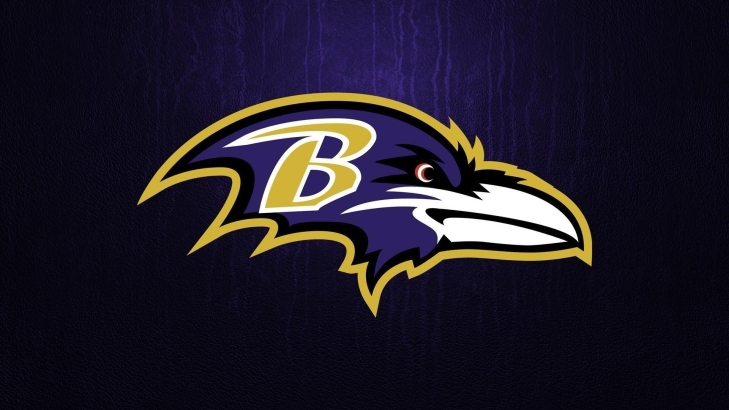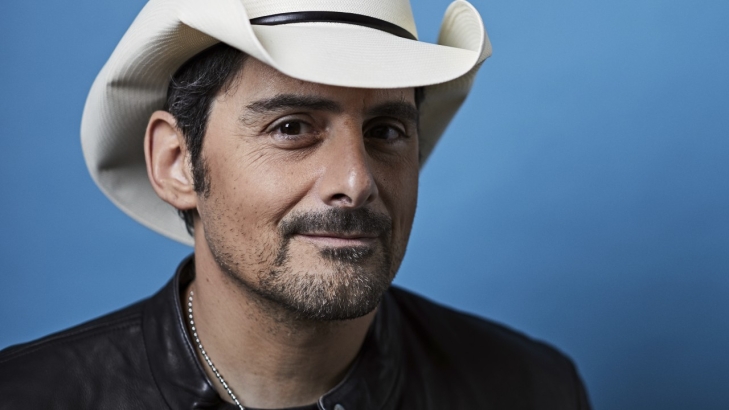
Committee Chairman
How to Become a Racer While Still in College
The adrenaline rush that race cars provoke is one of the main reasons many students pursue race car driving careers or hobbies parallel to their academic endeavors. However, while the desire to drive through the racetrack curves is a strong motivator, it’s not easy keeping up with the pace that two so complex and long-term undertakings require. If you’re thinking about taking on racecar driving while studying, here is what you need to know.
We did some research and considered the general position of students nowadays to come up with a few tips on how to become a racer while chasing your college degree at the same time.
You need to start small if you don’t have millions
To get into a major racing series, you need a lot of money if you can’t attract a sponsor or convince a team owner that you deserve a seat in their car on the track. Therefore, it's best to start building your experience and reputation in a minor event such as seasonal kart racing at a local track. It doesn’t cost too much to apply for a kart racing season and it's safe and easy to learn how to manage yourself on the track if you do it with a smaller and slower vehicle.
If you do well, you can even make it into advanced racing series in a few years, and college is about the right time to start preparing for a racing career because it’s presumed that you already have some experience as a driver, so your experience level is ready for an upgrade. Commit yourself to your goal, no matter how much time it takes you to achieve it because getting up from the bottom is difficult, especially when there’s big money involved.
Organize your life to secure enough time and money
Considering you’re not a millionaire looking for some way to fill in your weekend, you have to organize your schedule according to some adjustments in your lifestyle. You need to make time for every practice and race, which is the easy part because you also have to make money to pay for it all.
Making time during college is easy, you can find writers who write your essay for you in English and have them deal with some of your academic tasks to clear a portion of your schedule boxes. Just like time, money is also difficult to come by, especially as a student so this is where it also comes to you to decide how you’re going to achieve this goal. Consider the influence of networking with people you meet on the kart racetrack, as well as those you see off it. Through networking and communication, you could meet the right people to help you move up in the race car world.
Social media also allows you to promote yourself and even make some money through various marketing opportunities that platforms such as Instagram and TikTok offer to their users. You can utilize the power of social networks to attract sponsorship deals that would help you maintain your expenses as you break on through the steep path to higher ranks. As you advance as a racer, your social media activity can play a huge role in which teams decide to approach you or consider your application.
Learn about racing cars all the time
To predict the reaction of your vehicle and learn to fully control it on the track while surrounded by other drivers all of whom are trying to overturn you, it’s imperative to have profound knowledge of how your car works in detail. Racing cars suffer major damage and overgo brutal stress testing with each race so knowing the limit when a part might malfunction of brake might even save your life. Mechanical training makes every racer able to perform quick repairs when needed and allows them to make informed decisions regarding the status of their car during the race, which could save time, car parts, or even human lives.
Conclusion
Every driver can get into a car and drive as fast as the car can go, there’s nothing to it. However, to drive a car very fast under constant pressure from all sides and keeping control of the situation the entire time is an extreme effort. Therefore, becoming a racecar driver is much like trying to be a jet pilot which means there’s a lot of competition and you need to dedicate yourself entirely to succeed.
Author Bio:
Joel Strachan is a freelance content driver engaged with several online publishers. His work is based on deep research and authentic sources of information. As a writer, Joel aims to deliver practical and informative content that helps the audience solve everyday issues or fulfill their interests.
20. LeAnn Rimes
LeAnn’s talent was noticed early in life, singing in talent shows by the time she was 5 years old. She was an experienced singer by 9, her opportunities becoming larger by the day. But her biggest chance came when she connected up with disc jockey Bill Mack. He campaigned for her for over three years. In 1996, he helped her get a record contract with Curb records. Her debut single with Curb was Bill’s own composition, “Blue”, which became a top ten hit, showed off her vocal power and got both Bill and LeAnn their first Grammy awards. Over the next decade, LeAnn would continue to gather both country hits and pop hits. Her country hits would become more sporadic as time went along. But once the radio career dried up, she has continued to do different projects including acting, recording independent albums and winning season 4 of “The Masked Singer”. Although it seemed like the industry wanted to stay away from her for a while after her hits stopped, she has recently been coming back into the picture: CMT did a spotlight on her for her 25th anniversary in the business, which included multiple modern female country singers that she helped inspire. Could this modern audience allow her votes to get into the Hall Of Fame?
Our All-Time Top 50 Baltimore Ravens have been revised to reflect the 2021 Season
Yes, we know that this is taking a while!
As many of you know, we here at Notinhalloffame.com are slowly generating the 50 of each major North American sports team. That being said, we have existing Top 50 lists out and we always consistently look to update them when we can and based on necessity. As such, we are very happy to present our post-2021 revision of our top 50 Baltimore Ravens
As for all of our top 50 players in baseball we look at the following:
1. Advanced Statistics.
2. Traditional statistics and how they finished in the National Football League.
3. Playoff accomplishments.
4. Their overall impact on the team and other intangibles not reflected in a stat sheet.
Last year, the Ravens had a disappointing season, going only 8-9 and failing to make the playoffs, but there were some changes in the Top 50, including one new entrant.
As always, we present our top five.
1. Ray Lewis
2. Ed Reed
You can find the entire list here.
Place Kicker, Justin Tucker, who was chosen for his fifth First Team All-Pro and Pro Bowl, and now longest Field Goal record-holder moves up to #9 from #13.
Former MVP, and now two-time Pro Bowl Quarterback, Lamar Jackson, climbs from #19 to #11.
Brandon Williams inched up one spot to #21, but it looks like this will be the end for the Defensive Tackle as he is unsigned after last year.
The recently retired Punter, Sam Koch, moved up to #29. Koch was with the Ravens since he was drafted in 2006.
Marlon Humphrey, Baltimore’s star Cornerback, rocketed to #34 from #48. Another CB, Jimmy Smith edged up two spots to #38.
The new entrant is two-time Pro Bowl Tight End, Mark Andrews, who debuts at #44.
We welcome your input and comments and as always, we thank you for your support.
13. Brad Paisley
Brad was just your average little boy growing up in West Virginia until his grandfather gave him a guitar one day. At 8 years old, he was being taught how to play it. By 9, he was performing in events around town. By 13, he was writing songs and playing in adult bands. After that he got asked to join one of the oldest country music radio shows around, where he opened for the likes of (1992 inductee) George Jones, (2018 inductee) Ricky Skaggs, and (2021 inductees) The Judds. After completing University and getting a songwriting deal, Brad got his own recording contract and made his radio debut in 1999. What came over the next two decades plus was a huge career for one of the most beloved artists in the modern Nashville industry. He was able to be one of the few truly comedic artists with great songs of humor, while also recording some of the most loveable and heartbreaking songs in country music history. He has two decades of well-remembered songs, 3 Grammy awards, 14 ACM awards, and 14 CMA awards (including getting the Entertainer Of The Year in 2010). He also co-hosted the CMA Awards with Carrie Underwood for eleven years in a row, while also being one of the most nominated artists in the history of the CMA awards. Even though his radio career tapered off in the mid-2010s, he continues to record songs and dip his toe into other areas (including recently releasing his own bourbon brand). Someday, another notch in his belt will be getting into the Country Music Hall Of Fame, though that is still a few years off.





